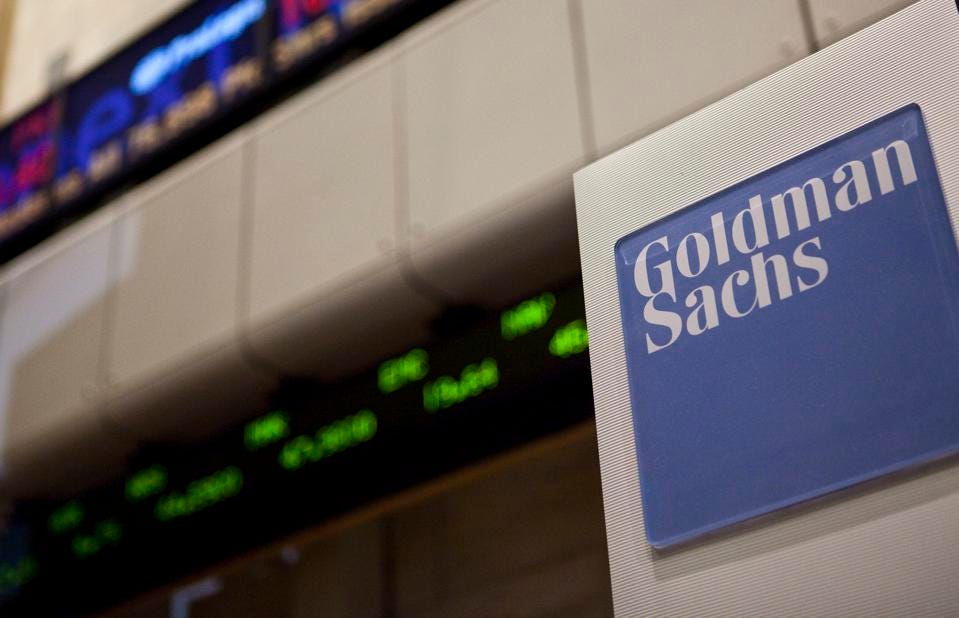Goldman Sachs and BlackRock turned bearish on stocks in the short term, warning that global recession risk has yet to be priced in.
Goldman, which has reduced US investment banks’ global equity allocations over the next three months while maintaining overweight liquidity, has higher real returns are the main headwind. BlackRock advised investors to “avoid most equities,” saying it was underweighted to developed-market equities and leaned more toward credit in the near term.
“The current level of equity valuation may not fully reflect the associated risks and may further decline to reach market troughs,” Goldman strategists, including Christian Müller-Glissmann, wrote a note on Monday. Goldman’s market-implanted bearish probability has recently increased by more than 40% following the bond sale, “which indicates historically elevated equity drawdown risk,” they wrote.
Morgan Stanley and JPMorgan Asset Management expressed similar concerns after central bankers from the US to Europe touted their resolve to fight inflation, sending global stock markets into freefall over the past few days. Members of the MSCI World Index have lost more than $8 trillion in value since peaking in mid-September, and while Treasury yields and the dollar have surged, there appears to be little sign of respite.
JPMorgan Assets also continued to underweight stocks heading into the fourth quarter as stock market volatility rose. Global multi-asset strategist Sylvia Sheng wrote on Tuesday that the firm has a “strong” preference for investment-grade credit over high yields and expects anaemic US growth and a European recession over the next 12 months.
Ned Davis Research’s global recession probability model recently rose above 98%, triggering a “severe” recession signal. According to the company, the only time it has reached such high levels was in previous severe downturns, such as in 2020 and 2008-2009.
Goldman turned bearish after its US strategists cut their year-end target for the S&P 500 to 3,600 from 4,300 last week. Likewise, European strategists, including Sharon Bell, cut their regional equity benchmark targets, cutting their 2023 EPS growth forecast for the Stoxx Europe 600 from zero to -10%.
The S&P 500 and Stoxx Europe 600 closed at their lowest levels since December 2020 on Monday.
 Live
Live

